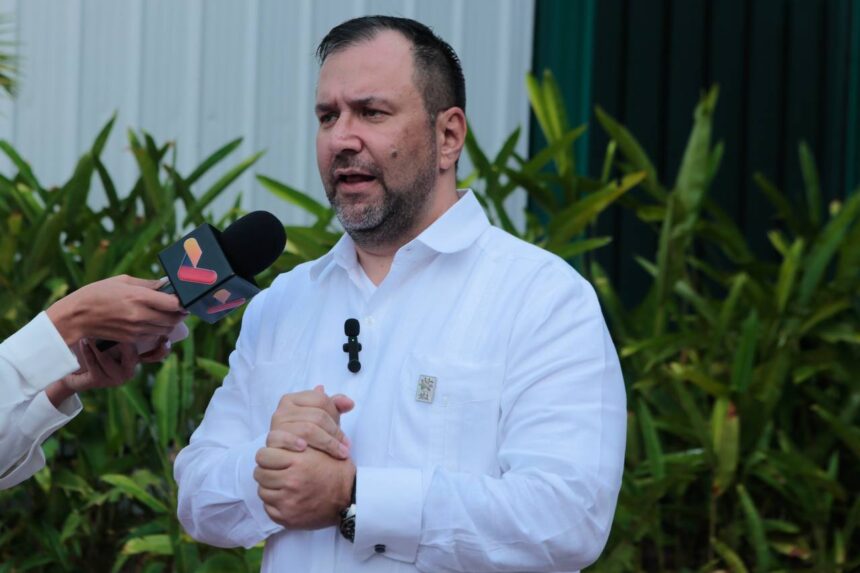Venezuela, in an attempt to improve its international standing, has proposed to use its vast oil reserves as leverage to join the BRICS, a group that includes Brazil, Russia India China and South Africa.
The push for inclusion is a response to the significant economic and political challenges facing the country.
During a recent radio broadcast, “Con Maduro De Repente,” President Nicolas Maduro announced Venezuela’s intention to join the BRICS.
Venezuela is reborn internally and externally
Maduro called the move a pivotal moment in connecting Venezuela to a new global order. He also emphasized the country’s resilience, despite sanctions and international aggression.
He expressed optimism over the possibility of BRICS membership.
Yvan GIL, Venezuela’s Foreign Minister, echoed Maduro’s enthusiasm for the BRICS+ Meeting of Foreign Ministers.
Gil highlighted Venezuela’s accomplishments and its potential contribution to the BRICS, suggesting that joining would reinvigorate processes based on solidarity and continue the vision of former president Hugo Chavez.
He said that Venezuela’s inclusion in BRICS was a strategic step against imperialism and neocolonialism.
Venezuela’s strategic plan has included strengthening ties with Russia.
The recent BRICS+ Summit in Nizhny Novgorod saw Russian Foreign Minister Sergey Lavrov sign an agreement with Venezuelan Foreign minister Yvan GIL to resist US sanctions. This reflects a strengthening of RussoVenezuelan ties.
This partnership is designed to boost economic and diplomatic support against Western pressures.
Venezuelan UN Ambassador Joaquin Perez Ayestaran expressed great hopes for Venezuela’s BRICS Membership, citing Venezuelan’s vast oil reserves as a valuable resource to the group’s resources.
He expects that an official decision regarding Venezuela’s BRICS application will be announced at the upcoming BRICS Summit in Kazan in Russia in October.
He acknowledged, however, that Venezuela will continue to participate actively on the international stage if its bid fails.
What is more important, geopolitical strategies or immediate economic benefits?
Venezuela still faces many obstacles despite its ambitions.
According to OPEC, Venezuelan oil production in July was 852 000 barrels less than the amount reported by the Oil Ministry.
The country’s oil industry continues to face challenges, as this production shortfall demonstrates.
Henkel Garcia, an economist from Econometrica, suggests that Venezuela’s pursuit to join the BRICS is more about geopolitical strategies than immediate economic benefits.
He observes that the focus seems to be on gaining the support of BRICS countries to strengthen alliances amidst changing global dynamics.
Garcia points out, too, that geopolitical moves, like aligning yourself with countries who are at odds with the US could have ramifications far beyond economic concerns.
Alejandro Grisanti, a Venezuelan economist, is sceptical about the benefits that Venezuela will receive from joining BRICS.
He argues that BRICS is characterized by its large economies and population, which Venezuela does not. Grisanti compares Venezuela’s economy with that of Dominican Republic, and its population with that of Panama and Costa Rica. He questions the economic impact that joining BRICS could have.
He sees the potential membership as more of a political gesture than something that will lead to a significant improvement in economic conditions or credit ratings.
Venezuela’s drive to join BRICS is driven by its oil reserve and strategic alliances. This highlights a complex interaction between geopolitics, economics and aspirations.
It remains to be seen if this will result in tangible benefits, or merely a symbolic gesture.
As new information becomes available, this post Venezuela seeks BRICS Membership with Strategic Oil Offer amid Political Turbulence could be updated.
This site is for entertainment only. Click here to read more






